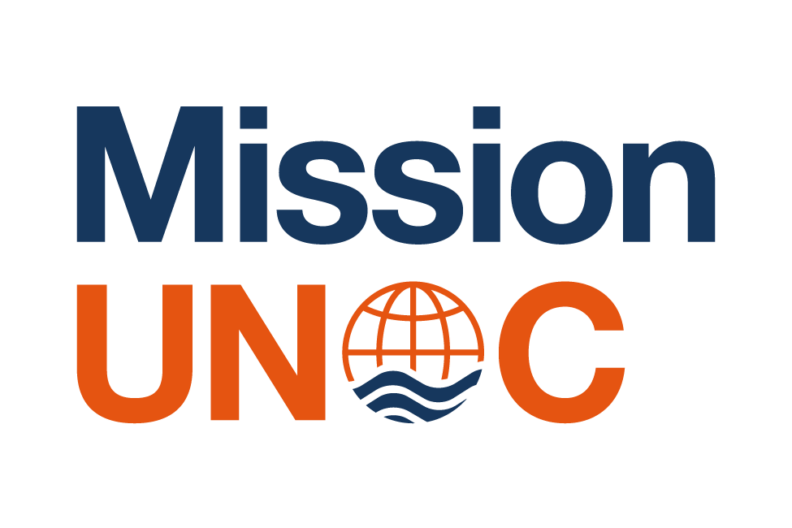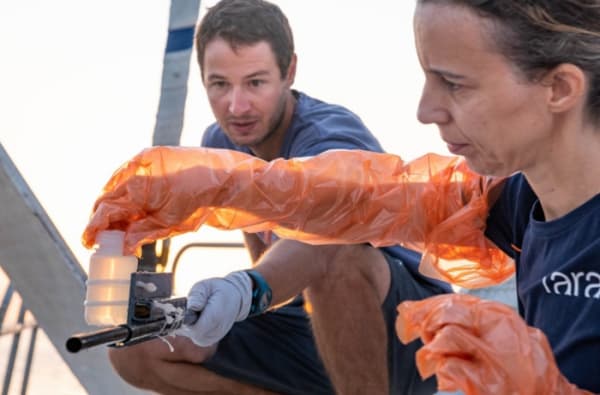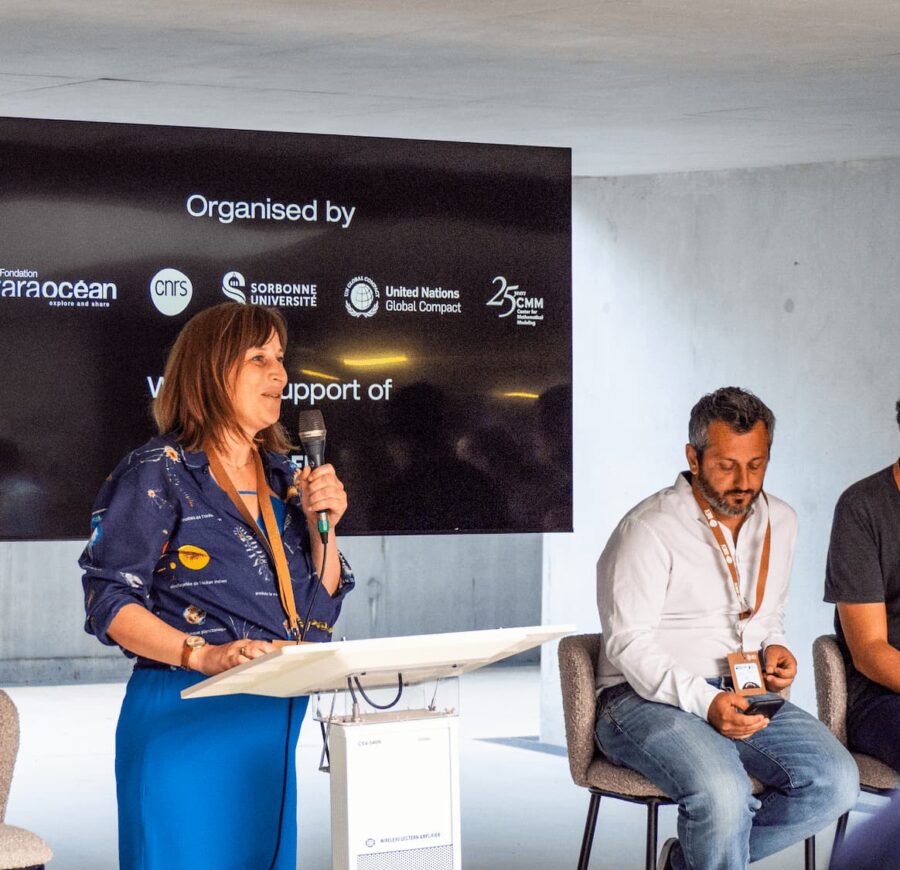
26 June 2025
Science and Advocacy at the Tara Ocean Foundation: A Synergy in Service of the Ocean
Science as the Voice of the Ocean The Ocean at the Heart of Global Challenges The ocean covers 70 % of our planet’s surface—it feeds us, regulates the climate, and supplies much of our oxygen. It harbors immense, often invisible biodiversity essential for all life on Earth. Yet it remains one of the least understood and
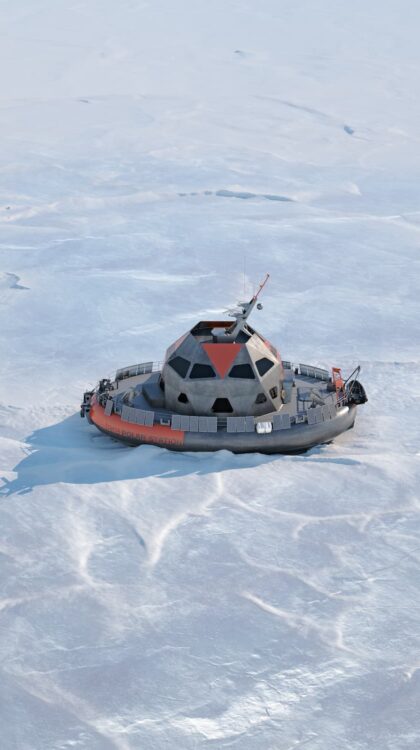
May 30, 2025
Tara Polar Station: the challenges of science aboard a laboratory drifting in the Arctic
The challenge of Arctic science The importance of science and long term observations The Arctic plays a crucial role in regulating the world’s climate, and its vulnerability to climate change is placing the pole at the heart of scientific concerns. The rapid changes taking place there, particularly the accelerated melting of the sea ice, are
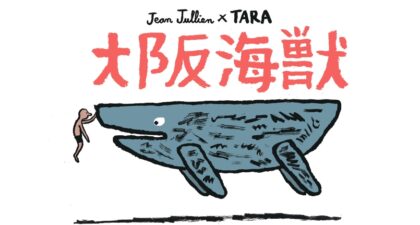
May 21, 2025
‘Osaka Kaiju’ at EXPO 2025: a hymn to the Ocean by artist Jean Jullien and the Tara Ocean Foundation
Create to preserve Today, it is essential to unite the forces available to speak out for the Ocean. Through their singular perspectives, artists can become players committed to its protection. The artist Jean Jullien, driven by his passion for the marine environment, offers a sensory and intimate experience at the heart of ocean life. Hosted

April 7, 2025
Microplastics: the hidden side of a global pollution
All European rivers are affected Rivers are the main vector for transporting waste of human origin to the ocean. Every year, they discharge a staggering 8 to 12 million tonnes of plastic debris, which accumulates in all the world’s ecosystems and poses a risk to biodiversity. In 2019, the Microplastics Mission studied the origin and
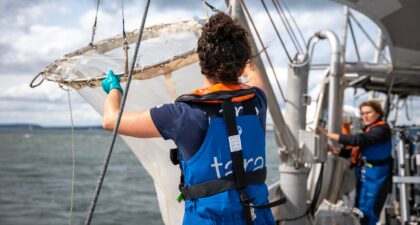
March 26, 2025
From Ocean to science: the journey of a Tara sample
Aboard the schooner Tara: the quest for samples Selection of the study area and sampling It all starts with an in-depth study of the maps and satellite data to identify the schooner’s precise station. Certain regions are chosen on the basis of observable phenomena, such as phytoplankton blooms. Once the area has been determined, the
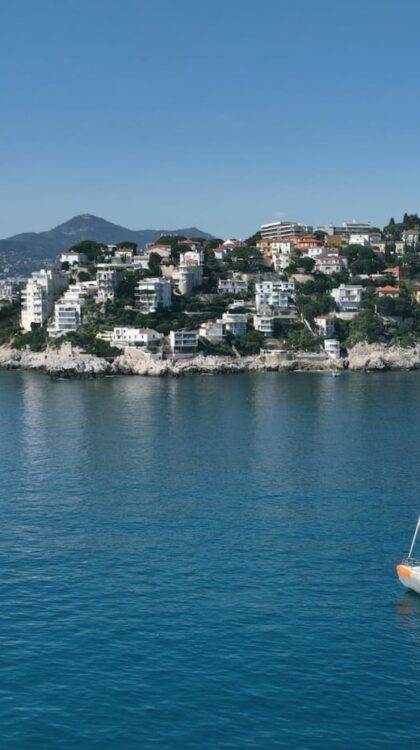
March 25, 2025
United Nations Ocean Conference (UNOC) in Nice: Let’s put forward ambitious proposals
The Ocean, a common to be protected The ocean covers 71% of the planet and is our main ally in the fight against climate change and the preservation of biodiversity. The ocean is our natural air conditioner, our oxygen reservoir and the main carbon storage site. Our future, our temperature, the oxygen we breathe: it’s
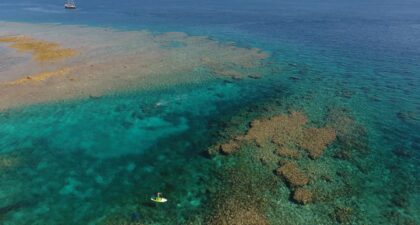
March 4, 2025
Tara Pacific (2016-2018), the unique biodiversity of coral reefs
See the first 2 articles : Tara Arctic (2006-2008), the transpolar drift – Tara Oceans (2009-2013), the invisible people of the Ocean Why should we study coral reefs ? What is coral? Coral is actually made up of an animal, a polyp resembling a tiny anemone with a body and tentacles arranged around a ‘mouth’.
They talk about us
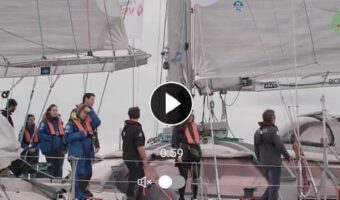

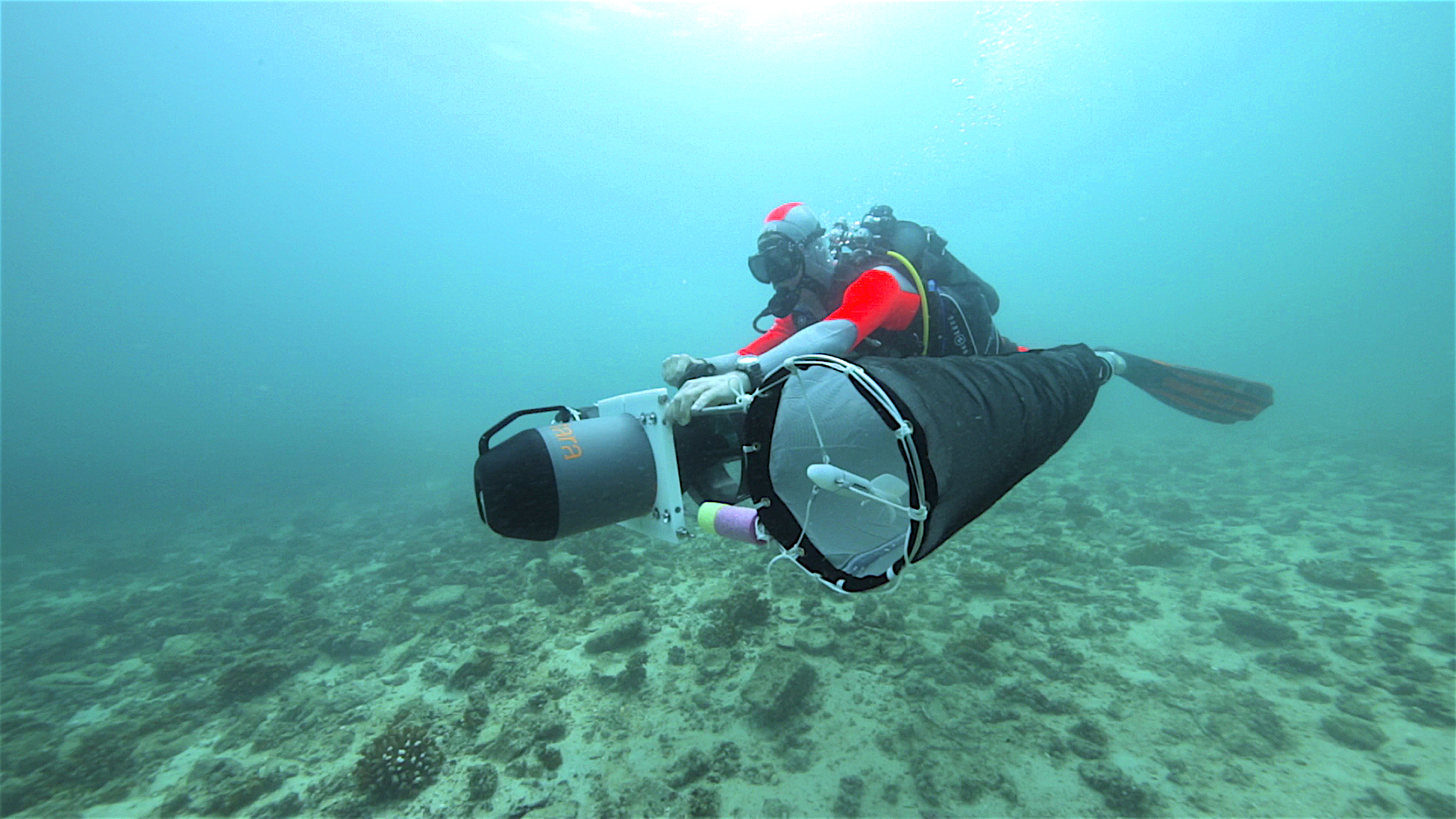
2 June 2023
There's way more tiny life on Earth than scientists had thought, study of coral reefs finds
Eu.usatoday

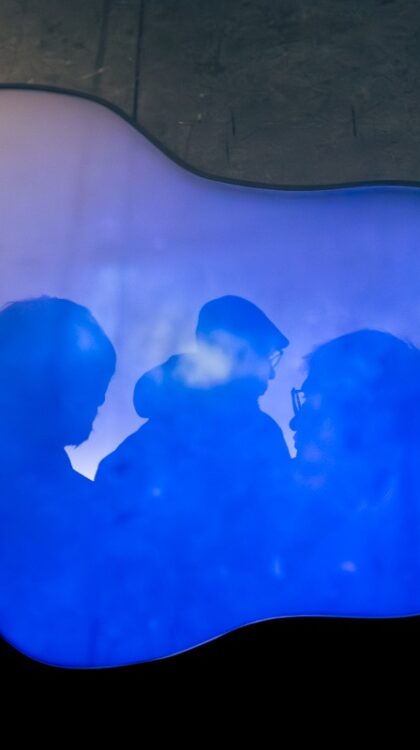
February 18, 2025
Sailing to create, art in motion
‘The Ocean, a whole story’ … Knowledge has always been shared through stories. From the discovery of new territories and the first commercial maritime routes in the 16th century, to the great scientific expeditions such as that of Darwin, stories of navigation and human adventures have served to spread knowledge. Our personal relationship with the
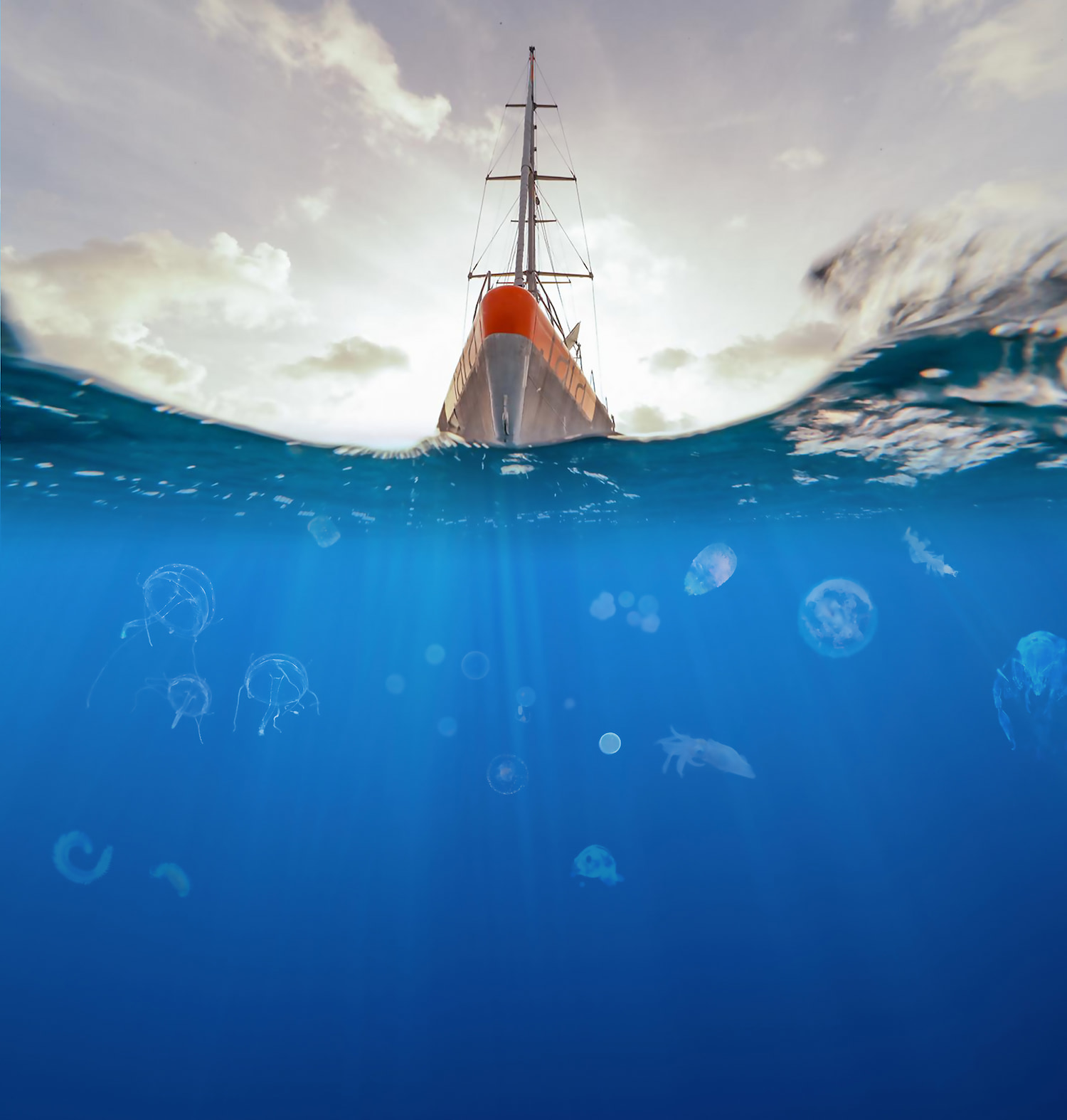
February 10, 2025
Tara Oceans (2009-2013), the invisible people of the Ocean
Read the first article of the series: Tara Arctic (2006-2008), the transpolar drift Who lives in the Ocean? It was clear to the scientific community that a global study of the Ocean over a long period of time was necessary to gain a better understanding of how this immense body of water functions. Never before
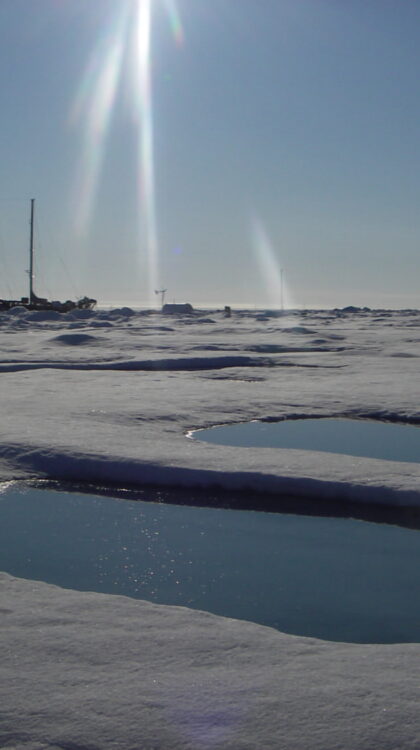
January 22, 2025
Tara Arctic (2006-2008), the transpolar drift
20 years of expedition at the service of fundamental research For over 20 years, the Tara Ocean Foundation has been taking international scientists on board the Tara schooner. The aim is to gain a better understanding of the ocean through time and expeditions. Few oceanographic missions, like Tara, take an interest in a specific ecosystem

January 16, 2025
Create a fundraising page
It’s your turn ! Take on your own sports challenge, mobilize your friends during your birthday, wedding, the birth of a child or a baptism … and turn these life events into solidarity opportunities to support our actions for the Ocean. It’s simple and there are several options All you need to do is create

Show your generosity with an IFI donation
Make an IFI donation Thanks to advantageous tax benefits, an IFI donation can constitute a significant lever of generosity to support the actions of the Tara Ocean Foundation. Your donation allows us to pursue our multiple missions and allocate funds where they are most needed, at the moment they are most required, providing us with
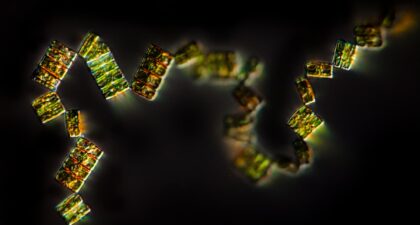
January 13, 2025
Is light perception useful for phytoplankton?
Light is a limiting factor in the Ocean Although essential for life, light only penetrates the Ocean in the upper phase of the photic zone (up to 200m); and in this zone, light is also highly variable, and depends on various factors: the properties of water, which specifically absorbs certain wavelengths, the presence of other
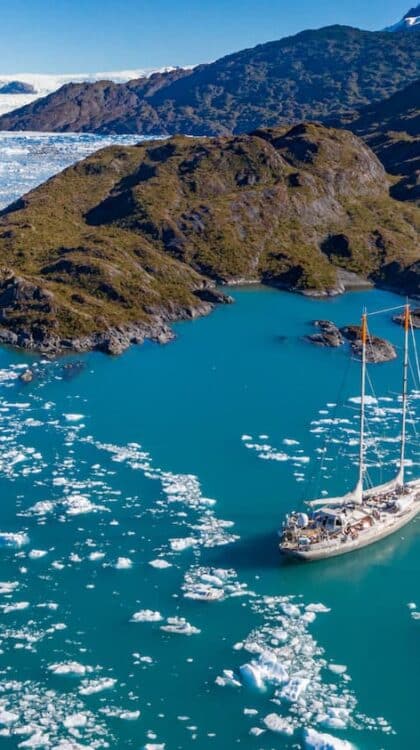
December 19, 2024
[Plankt’Eco project] Developing global plankton observation to improve ocean management
Integrating researchers from developing countries into Tara Oceans communities In 2016, the Tara structure, formerly an endowment fund, obtained the status of a foundation recognized as being of public utility, and thus officially became the Tara Ocean Foundation. This change is structural for the Foundation: it enables us to set up our very first cooperation
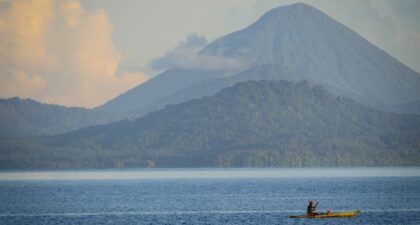
December 5, 2024
Why is the Ocean a vital ally in the fight against climate change?
Why is the ocean essential to our planet? The Ocean, blue lung of our planet, is alive and vital, playing a central role in regulating the Earth’s climate. As an essential ally in the fight against climate change, it acts as a vast reservoir capable of absorbing much of the excess heat and greenhouse gases
